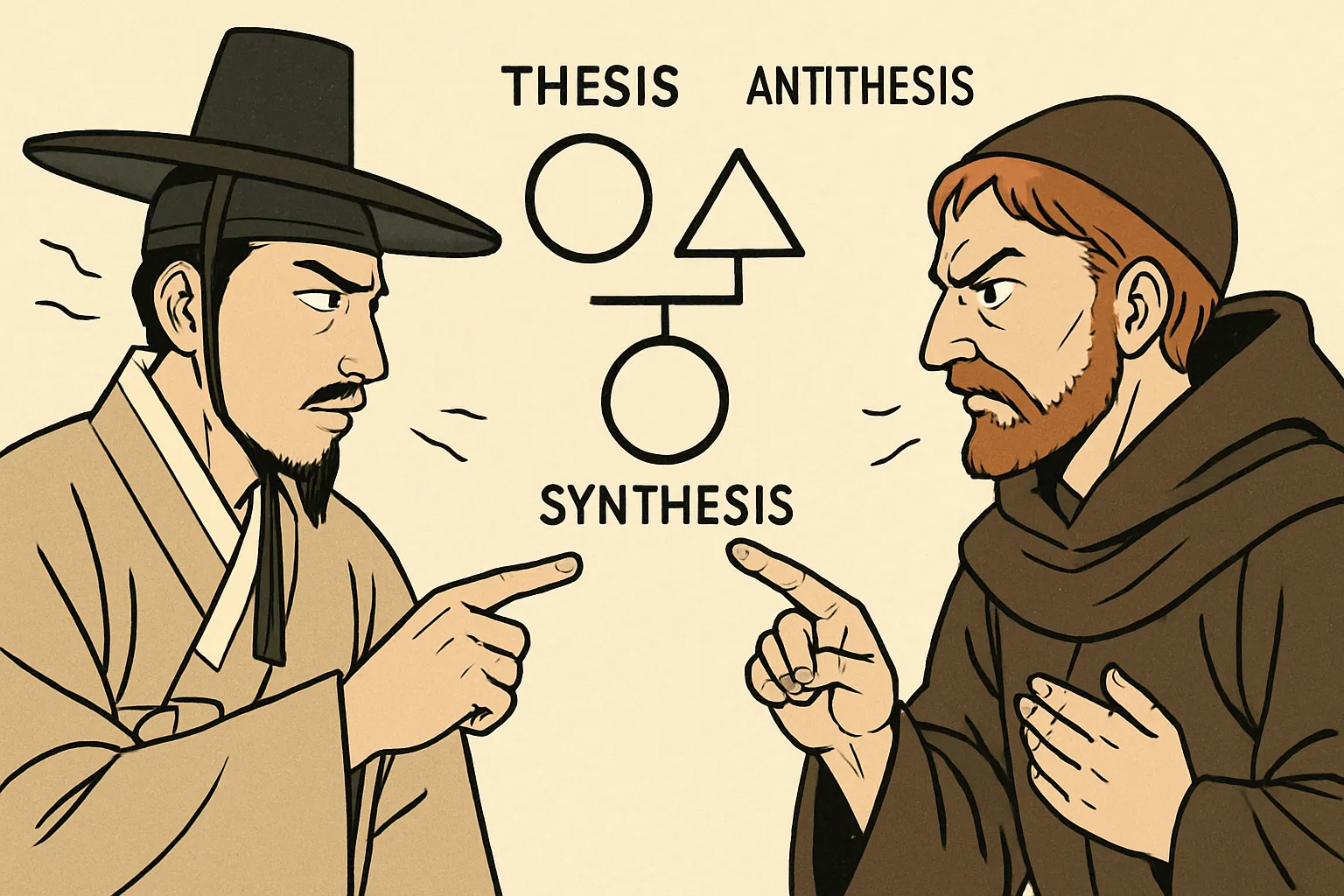How Old Are You? Ask Like a K-Drama Star!
Hello! It’s your favorite Korean language booster, Daily Korean, here to upgrade your skills!
Ever been watching a K-drama and noticed how often characters ask each other’s age right after meeting? It’s a super common and important part of making friends in Korea! Today, we’re going to master the art of asking “How old are you?” so you can connect with people just like your favorite characters do.
And here’s a fun fact: Recently, Korea officially changed its unique age-counting system! This has been a huge topic all over Korean news and social media. Knowing how to talk about age will make you seem totally in-the-know. Let’s dive in!
Your Key Phrases for Talking Age
Here are the essential expressions you need. We’ll start with the most common and move to more specific situations.
- 한국어 표현: 몇 살이에요?
- 발음 [로마자]: Myeot sal-ieyo?
- 영어 뜻: How old are you?
- 상세 설명: This is the standard, polite way to ask someone’s age. It’s perfect for when you meet someone new who seems to be around your age or younger. It’s friendly and natural.
몇(myeot) means “how many,” and살(sal) is the counter word for years of age. -
한국어 표현: 나이가 어떻게 되세요?
- 발음 [로마자]: Na-iga eotteoke doeseyo?
- 영어 뜻: How old are you? (Formal) / May I ask your age?
-
상세 설명: This is a more formal and respectful version. You should use this when speaking to someone who is clearly older than you, or in a professional setting.
나이(nai) is the formal word for “age,” and the-세요(seyo) ending adds a high level of politeness. -
한국어 표현: 저는 스무 살이에요.
- 발음 [로마자]: Jeo-neun seumu sal-ieyo.
- 영어 뜻: I am 20 years old.
-
상세 설명: This is how you answer! Simply replace the number with your own age. Super Important Tip: For age, you must use Native Korean numbers (하나, 둘, 셋…), not the Sino-Korean ones (일, 이, 삼…).
- 20: 스물 (seumul)
- 21: 스물한 (seumul-han)
- 30: 서른 (seoreun)
- The full sentence structure is: 저는 [Your Age in Native Korean] 살이에요. (Jeo-neun [age] sal-ieyo.)
- 한국어 표현: 동갑이네요!
- 발음 [로마자]: Dong-gab-ineyo!
- 영어 뜻: We’re the same age!
- 상세 설명: This is a fantastic phrase for building instant rapport. If you find out someone is the same age as you, exclaim this with a smile!
동갑(dong-gap) literally means “same age.” It’s a happy expression that often leads to becoming friends quickly.
Example Dialogue: At a Fan Cafe
Imagine two K-pop fans, Alex and Jina, meeting for the first time.
Alex: Wow, your photo card of Felix from Stray Kids is so cool! Are you a STAY?
Jina: Yes! He’s my bias. It’s nice to meet you, I’m Jina. By the way, 몇 살이에요? (Myeot sal-ieyo?)
Alex: I’m Alex. 저는 스물세 살이에요. (Jeo-neun seumul-se sal-ieyo.) How about you?
Jina: No way! Me too! 동갑이네요! (Dong-gab-ineyo!) We should be friends!
Culture Tip & Trend Deep-Dive
The Big Change: Goodbye, “Korean Age”!
You might have heard of the famous “Korean age” system, where a baby is born as one year old, and everyone gets a year older together on New Year’s Day. It was a unique cultural trait!
However, the hottest trend in Korea right now is adapting to the new law. In June 2023, Korea officially standardized the international age system for all official and legal matters. When this happened, many Koreans celebrated “becoming one or two years younger” overnight on social media!
So, what does this mean for you?
While the official age is now international, age is still crucial in daily conversation because it sets the social hierarchy. It determines whether you use formal language (존댓말) or casual language (반말) with someone. So, people will still ask your age very early on. Knowing about this recent change will not only prevent confusion but also make you look like a true insider of Korean culture!
Let’s Practice!
You’ve learned so much! Time for a quick quiz to lock it in.
- Fill in the blank: You are 25 years old. How do you tell your new friend your age?
- 저는 ___________ 살이에요. (Hint: 25 is 스물다섯, seumul-daseot)
- Scenario: You are meeting your friend’s grandfather for the first time. Which phrase is best to ask his age?
- A) 몇 살이에요?
- B) 나이가 어떻게 되세요?
Great job today! You’re now ready to tackle one of the most common questions in Korean conversation.
Now it’s your turn! Leave a comment below and tell us your age using the phrases you learned. We’d love to see you practice






